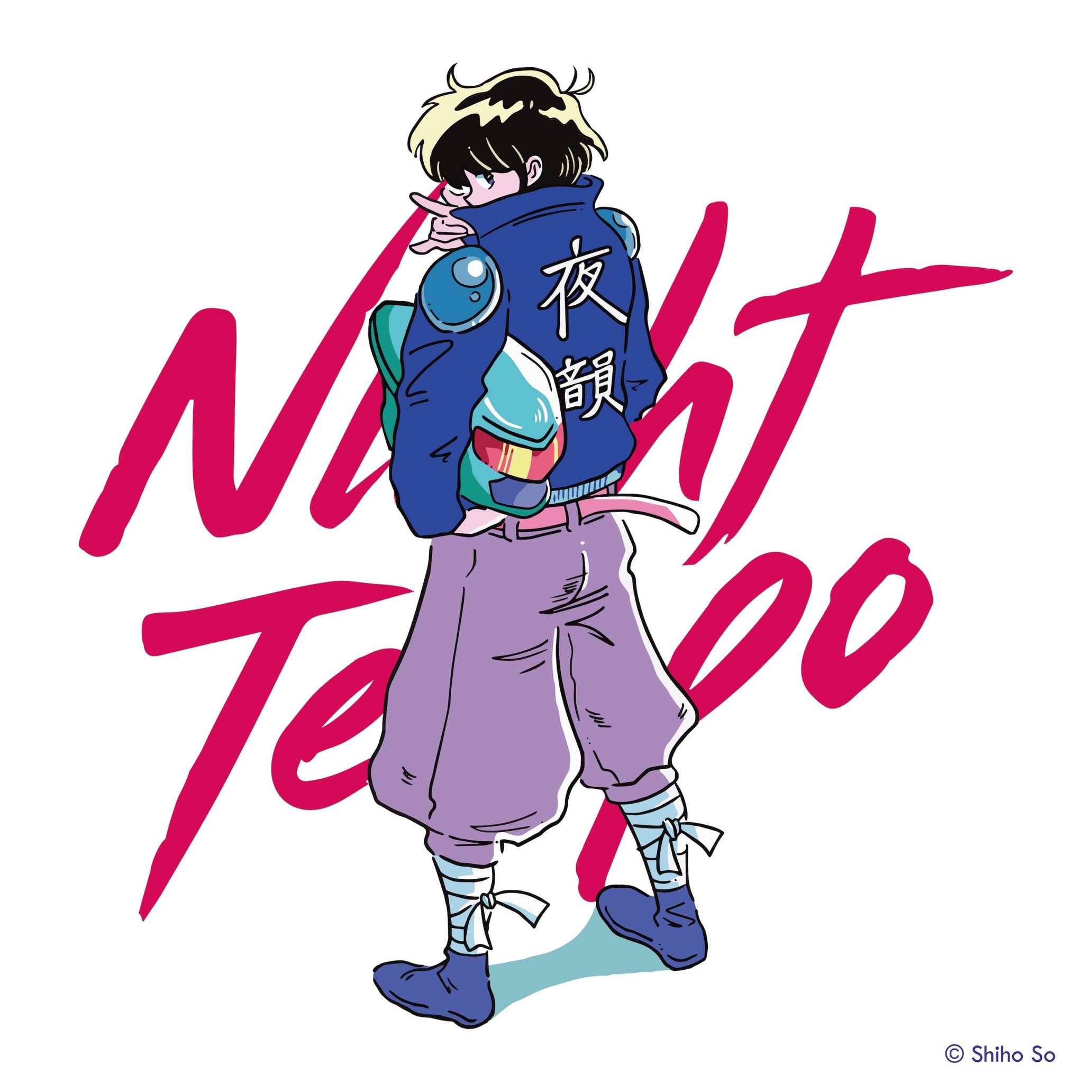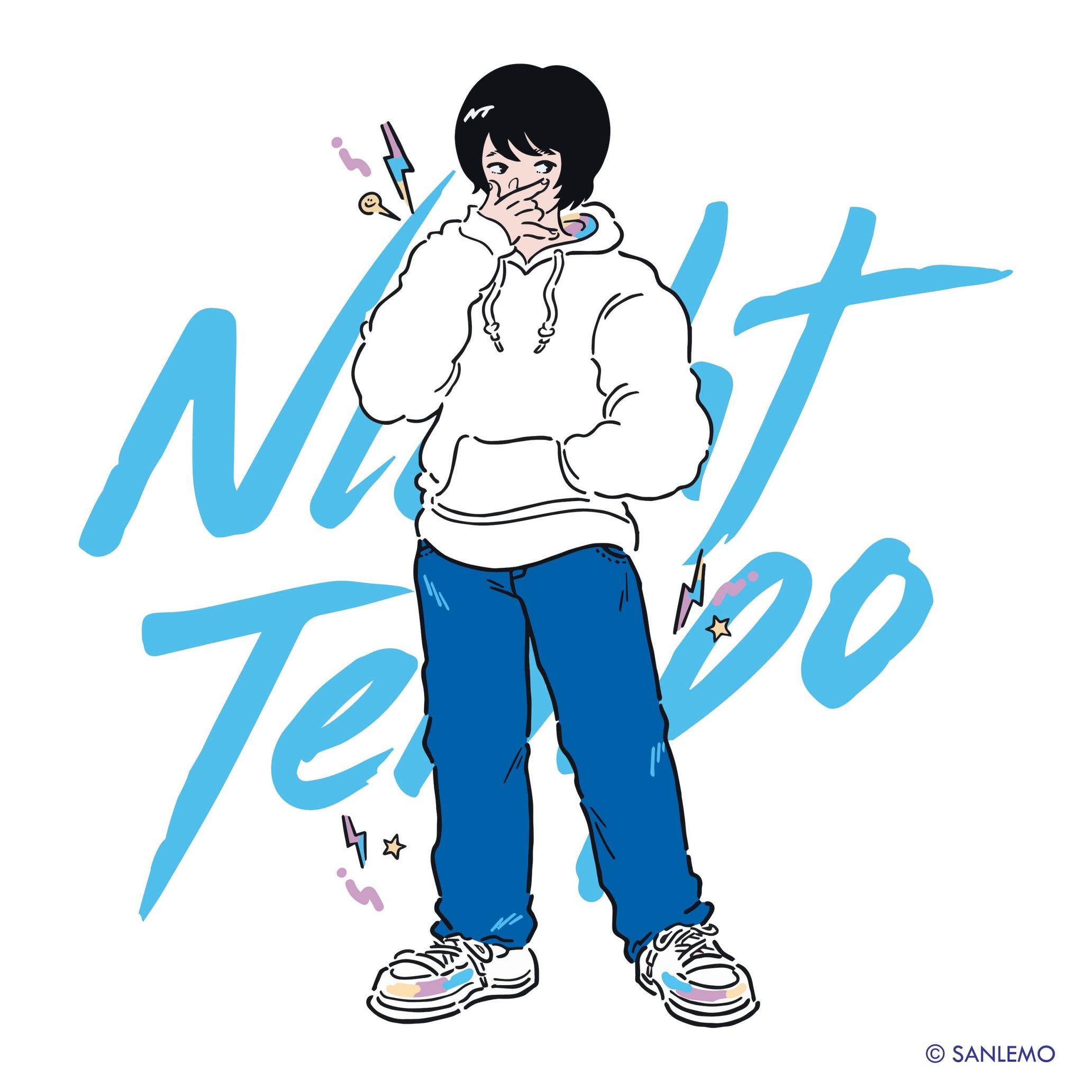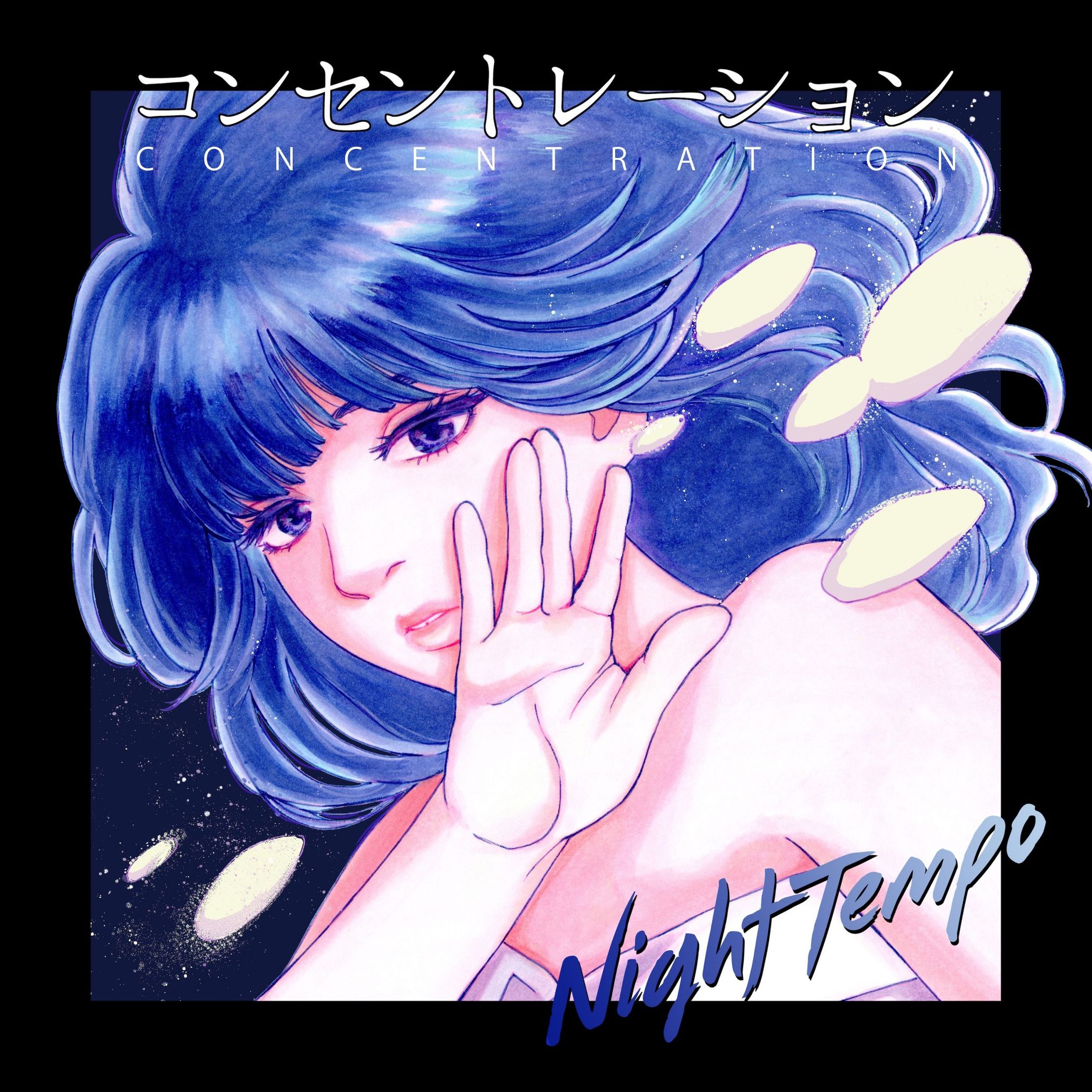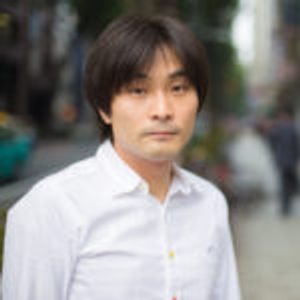Culture can be born out of a specific time and place, and yet, it possesses the ability to become timeless. In this series, “時音” TOKION invites people who are shaping culture today to talk about the past, present, and future.
For this volume, we interview Night Tempo, a South Korea-based DJ and producer famous for superbly remixing many city pop and kayōkyoku tracks from the 80s and 90s. In 2019, he saw a turning point in his career.
While producing music as a side hobby, he originally worked as an engineer and, as a “Shōwa retro” otaku, he loved to collect various retro items such as cassette tapes. With the rise of Internet-based music movements such as vaporwave and future funk, numerous DJs were blossoming all over the world. Night Tempo has become widely known to music fans, and even performed live at the “Fuji Rock Festival ‘19.”
Since the spread of the new coronavirus pandemic, he has been actively creating a “space” on the internet for everyone who loves Shōwa kayōkyoku and 80s culture, by hosting talk shows on his YouTube channel from his home in Seoul. In the meantime, Night Tempo has been expanding his musical repertoire and recently released his French electro album “Funk to the Future.”
It isn’t just nostalgia, but rather a music movement bringing new life to retro culture. In this interview, Night Tempo tells us about the power residing in Shōwa kayōkyoku and retro culture.
-Since the beginning of 2020, you’ve been releasing numerous tracks without skipping a beat, from your “Showa Groove” (officially remixing songs from the 80s) project to your new album “Funk to the Future.” How have you been doing in the last few months?
Night Tempo: I originally planned for the “Showa Groove” project to steadily continue for several months. Last year was quite exciting for me, so it would’ve been nice to hold various events this year too, but since I couldn’t do that, I took time to review my production one more time. Shizuka Kudo’s “Showa Groove” came out in August, and since the release went as planned, it feels like I’ve once again given shape to my outlook on the world from scratch.
-What do you mean by that?
Night Tempo: Shōwa kayōkyoku is as a genre, only one of my personas: it’s not the only me. In terms of music, I thought it would be a problem if people would only recognize me as a Shōwa kayōkyoku person. So, as an update to what I was doing before, I released “Funk to the Future.” Right now, I’m working on an original project for next year, which is going to include singing and feature various artists; I’m singing in it myself too. I’m thinking of mixing Shōwa kayōkyoku, city pop, French house and disco to create a Night Tempo-ish sound. That’s why recently, I’ve been studying the whole time.
-So you’ve been studying, then.
Night Tempo: Since I went to “Fuji Rock” and around touring last year, the number of older listeners has significantly increased, so I’ve been researching not only music but culture too. After all, the older generation actually lived in the Shōwa era, so they have a more accurate judgement. Reading texts and Wikipedia entries is a different thing from actually living in that era and feeling it on your skin, so I’m planning on listening to stories from various people and research properly. Recently, I’ve been hosting a talk show on Youtube by the name of “Good Night Tenpo” (Tenpo means store in Japanese), as a new project, where I talk about various topics for about 30 minutes to an hour before going to bed at night. Many of the people who are watching are older, so I get various information from different people and listen to their stories, which is a good learning experience. Also, watching a movie or a TV series of the time on videotape really shows the atmosphere of that era, and it’s different from just listening to music or reading books and magazines. Recently, I’ve been investing a lot in these sort of things.
The environment surrounding retro culture and its psychological impact
-In addition to YouTube, you’ve been hosting various events, such as InstaLives and the “Zoom Showa Kayo Lovers Association.” It seems that you’ve been actively creating a space for communication and sharing culture as well as music.
Night Tempo: Many people don’t have old equipment, so I decided to watch old tapes together with my community. Back in the days, when someone bought a videotape, everyone would gather at some friend’s house and watch it together, right? Now, we’re all distant from each other, and that’s precisely why I want to create more spaces like that. Besides, in the real world, it’s harder to meet with people from a different age group, but for example, a high school girl and a middle-aged man can exchange information about the Shōwa era, in this way. It’s very impressive, in that regard. You can’t find something like that everywhere.
-What do you think is the psychological impact of listening to retro pop music such as Shōwa kayōkyoku?
Night Tempo: Nowadays, the cycle of consumerism is getting shorter and shorter, and consumption is getting faster. Everyone is always in a hurry, and it gets tiring. I think that the people who are tired of these times can feel better by coming into contact with things from an old era when the cycle was slow. There’s also nostalgia, but this has a stronger impact. Many people who feel like this perceive the coolness behind it. When you start thinking about where that coolness is coming from, you can start to maniacally research into the matter. The more you learn about it, the more this dream paradise will make you feel better. Feelings-wise, the world is a very dry place right now, so it’s good to have places where you can look back into the past, learn about the culture, listen to the music, and feel better. I’m the same way. Back then, I used to study stuff like cutting-edge robotics as a programmer, which is precisely why at the time, I felt that the retro Shōwa culture would repair my broken self. That’s the number one reason.
-Cassette tapes, walkmen, mangas and VHSes; you’re collecting many different things. What do you like the most about the 80s?
Night Tempo: I would say the music; it sounds classy even after so much time has passed. It’s difficult to explain in words, but there’s something that people react to when I play 80s music as a DJ. I like videotapes because you can actually see the atmosphere, fashion and faces of those times. Even just looking at shots from a movie or a TV series, you can still feel the atmosphere of the time naturally coming from them. For example, Daft Punk’s image is based on the special effects of the 80s. Science fiction at the time was based on what the people imagined the future was going to be. So, from the point of view of today’s people, it seems “old-fashioned.” It’s often referred to as the “near future,” but in reality, it’s not “near;” it’s a future that actually never came to be. I feel that there is something in common there with what I like.
A unique perspective born from a sense of distance, and his confidence in editing
-From the beginning of 2020, your presence in Japanese media, such as radio and television, is getting stronger. How do you feel about this situation?
Night Tempo: Right now, I feel somewhat distant from Japan. Since I’m physically far from Japan too, the Japanese media present me as someone with a different perspective from theirs. If you just like Shōwa culture and collect Shōwa-related items in Japan, nobody will be interested in you. I think that a different perspective comes from being far away. Today’s young people are strict, so they’ll probably find it boring and lame if it’s just something from the past.
-I heard your disco soul rearrangement of the enka song “Kita Sakaba.” Your music sense for such rearrangements is superb.
Night Tempo: That may be one of the things I’m confident with. I want to show how even such songs can sound classy. That kind of mental image is important here. For example, “Kita Sakaba” is just an enka song if you listen to it as it is, and my editing doesn’t change the song that much; however, if you do it well, even a small change will make the song sound cooler. That’s what I want to show, and I think it sounds fresh to everyone, which is why I also have to be confident about it. If I’m not confident about it and become unsure of what I do, everyone will start wondering if it really sounds good or not.
-You mentioned you have various projects underway; what are your plans for the future?
Night Tempo: First of all, for the beginning of the year, I am preparing my new Shōwa lo-fi album “Concentration,” my personal interpretation of Shōwa culture. I’m also preparing for next year’s original work, which will feature many different artists.
-Is there anything you would like to do other than music?
Night Tempo: During the Shōwa era, everyone was going to resorts near the sea in their spare time, right? I would like to book places like the Hotel New Akao, or the Hatoya Hotel in Izu and Atami, and hold some events; not just music, but also art exhibitions and hot pot parties. For now, we’re watching videos together on Zoom and such, but I would love to actually get together in real life with a lot of people. Also, Shōwa was all about company retreats, so it’d be nice to hold an event based around that. I think that everyone will enjoy these projects.
Born in South Korea, 1986, Night Tempo is a DJ/ producer. His music production is based on revisiting and editing 80s Japanese music such as city pop and Shōwa kayōkyoku. He is mainly active in the United States and Japan. In 2019, he performed at “Fuji Rock,” and toured in six different cities in Japan. He also released the album “Night Tempo,” followed by “Funk to the Future” in 2020. In 2019, he started the “Showa Groove” series, in which he official re-edits Shōwa’s famous songs, and has already re-edited tracks by Wink, Anri, 1986 Omega Tribe, BaBe, Yuki Saito, and Shizuka Kudo.
Twitter:@nighttempo
Instagram:@nighttempo
Youtube:https://www.youtube.com/nighttempo
Translation Leandro Di Rosa




